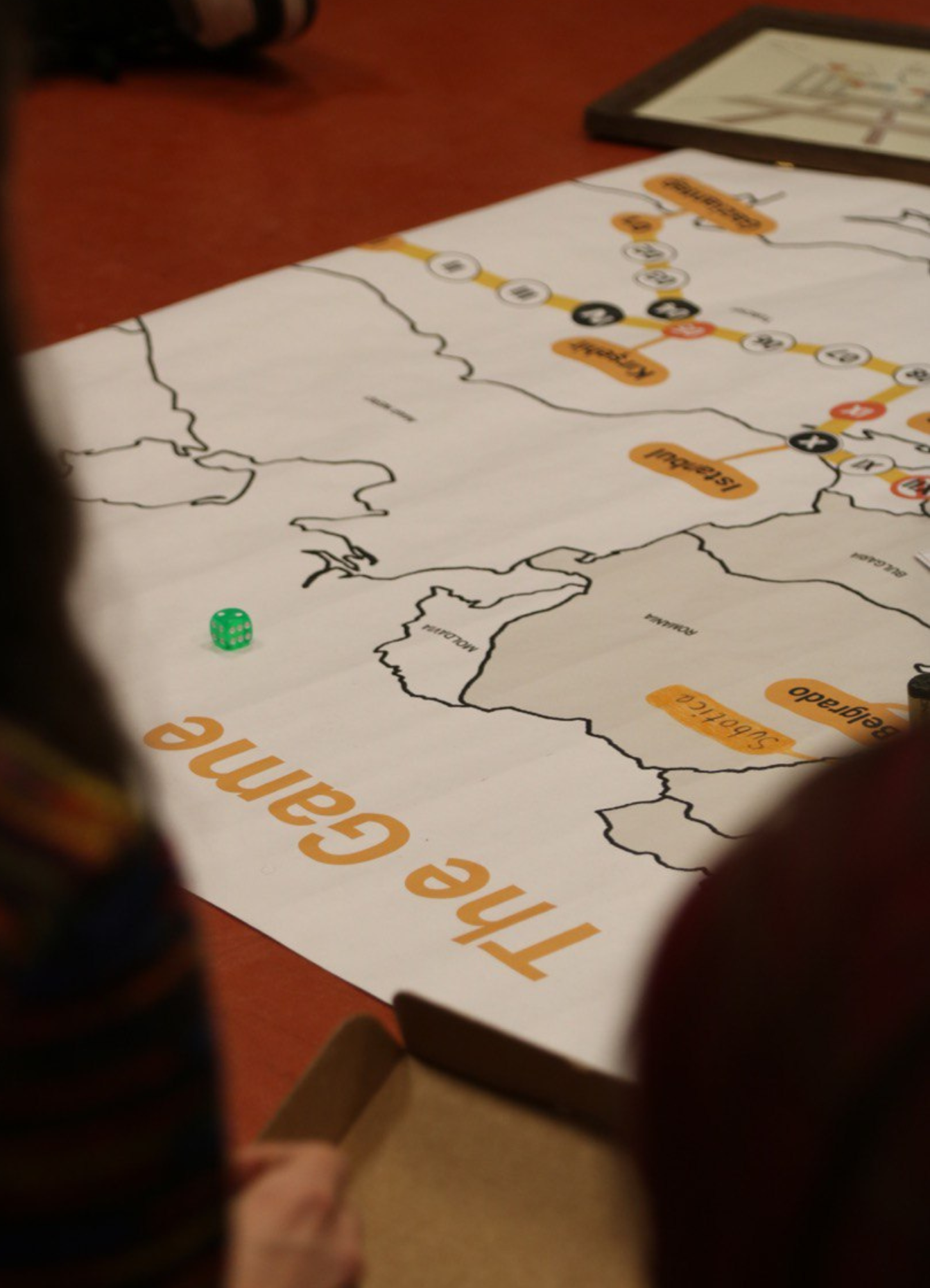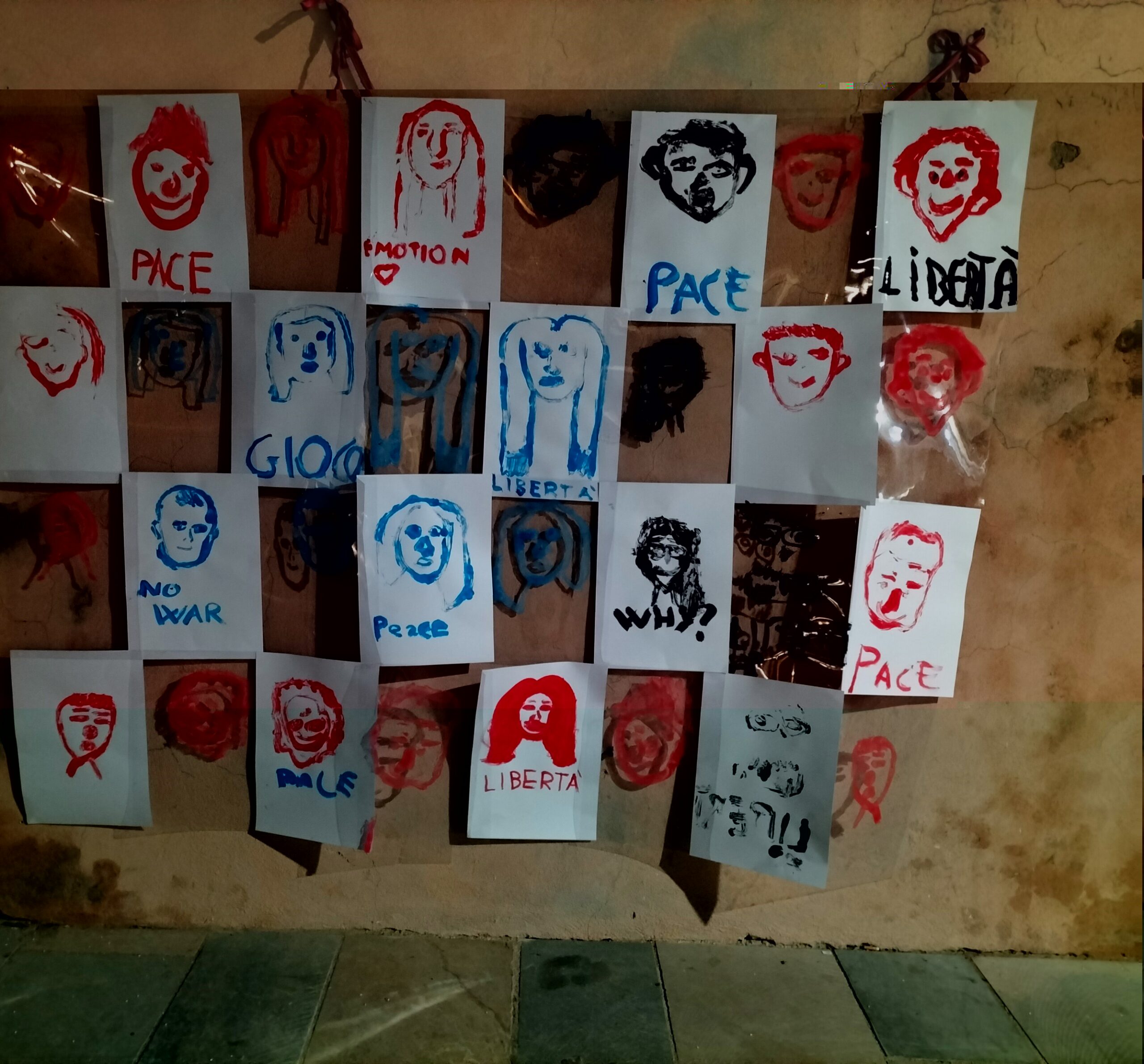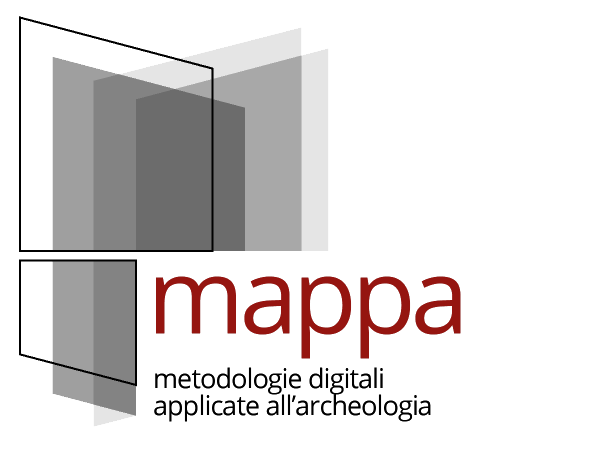LI.MA. (LIminal MAteriality)
What is LI.MA? LI.MA. (LIminal MAteriality) is a particular educational project promoted by the class of Modern and Contemporary Archaeology and funded by the University of Pisa, dedicated to archaeologically exploring materiality along the borders of migratory routes in an attempt to understand what contribution the archaeological discipline can make to the counter-narrative of migratory phenomena and the relationships that are established with territories, landscapes, and liminal communities.
LI.MA starts from the assumption that liminal realities, pieces of a conflicted and often marginalized landscape, are complex articulations of relationships between humans and non-humans, where material traces become elements of great narrative strength through landscapes (often characterized and transformed by the border itself) and objects.
The project does not offer solutions or answers but aims to pose and generate questions. What characterizes the border? What makes it a frontier? What traces delineate these areas, and which stories can arise from them? What can be the narrative strength of liminal materiality in unveiling often unspoken or considered unspeakable contexts?
These are just some of the questions to ask when confronting and intertwining archaeology, a discipline that investigates materiality with other different and not necessarily convergent perspectives.
LI.MA proposes listening, comparison, and reflection activities, together with activities where students are called to be protagonists to engage themselves until they become co-creators of possible new project ideas.
Who can participate? Students of the University of Pisa.
What activities are planned?
Monday, April 22nd, 4:00 PM – 7:00 PM – “Sguardi sui confini. Parlando di frontiere e tracce materiali”(Perspectives on Borders: Discussing Frontiers and Material Traces). Multidisciplinary seminar introducing the theme. [Italian language only].
Speakers:
• Gianfranco Schiavone (lawyer ASGI): title to be defined
• Luca Pisoni (freelance archaeologist): “Gli oggetti dei migranti in viaggio verso l’Europa. Uno sguardo etno-archeologico” (Migrant Objects on the Journey to Europe: An Ethno-Archaeological Perspective);
• Diego Saccora and Anna Clementi: (association Sulla Rotta Balcanica); “Panta rei, per una memoria del presente lungo la rotta balcanica” (Panta rei, for a memory of the present along the Balkan route).
• Anna Brambilla (lawyer ASGI): “Ventimiglia, frontiera d’Europa” (Ventimiglia, Europe’s Frontier)
• Francesca Anichini (University of Pisa) “Le cose che parlano. Archeologia delle migrazioni contemporanee” (The Things That Speak: Archaeology of Contemporary Migrations).
[In-person: Room F1 – San Rossore 1938 Camp.
Teams Link: https://www.cfs.unipi.it/c/240422-confini ]
Monday, April 29th, 4:00 PM – 7:00 PM – “The Game”
Role-playing game to put oneself in the shoes of a migrant along the Balkan route.
Interactive seminar conducted by Jonas Donassollo (Scalabrinian Agency for Development
Cooperation).
[Seminar in-person only SAL1, via dei Mille 19, Pisa. Italian language.
Maximum number of participants 25.
You can reserve a spot by sending an email to francesca.anichini@unipi.it]
Monday, May 6th, 4:00 PM – 6:00 PM – “Appunti pratici. Metodi e criticità nel documentare archeologicamente le tracce delle migrazioni contemporanee?” (Practical Notes: Methods and Challenges in Archaeologically Documenting Traces of Contemporary Migrations)
Francesca Anichini (University of Pisa)
[Seminar in-person Room F1 – San Rossore 1938 Campus; Italian Language]
May 28th-30th – Educational trip to the Italian-French border in Ventimiglia.
Field visit, observation, and initial archaeological and ethnographic documentation.
June 26th-28th – Educational trip to the Italian-Slovenian border in Trieste.
Field visit, observation, and initial archaeological and ethnographic documentation along the trails of Val Rosandra on the hills of the Carso (the trip involves long distances to be covered on foot).
July (date to be defined) – Assessment and Community Feedback
Conclusive meeting for discussion, exchange, and mutual feedback of experiences. Collective formulation of project proposals for the future.

How to participate in LI.MA?
1) You can freely participate in the scheduled seminars. For the seminar on April 29th, which has a maximum of 25 participants, it is necessary to reserve a spot by sending an email to: francesca.anichini@unipi.it
2) EDUCATIONAL TRIPS have a limited number of spots. Travel, meals, and accommodation expenses are covered. Those who wish to participate must submit their application BY APRIL 20, 2024, to francesca.anichini@unipi.it , indicating name and surname, year and degree course, student ID number, phone contact, email contact, indication of the destination of the trip they want to participate in (both can be indicated), a brief note explaining why they want to participate in the trip. Mandatory attendance at the seminars and the project’s closing day is required for those selected to participate in the
trips.

Project leader: Francesca Anichini
Project by:
Francesca Anichini: francesca.anichini@unipi.it
Gabriele Gattiglia: gabriele.gattiglia@unipi.it
Nicola Trabucco: nicola.trabucco@unipi.it
Salvatore Basile: salvatore.basile@cfs.unipi.it
Caterina Di Pasquale: caterina.dipasquale@unipi.it
Project financed with Special Educational Projects funds of the University of Pisa
